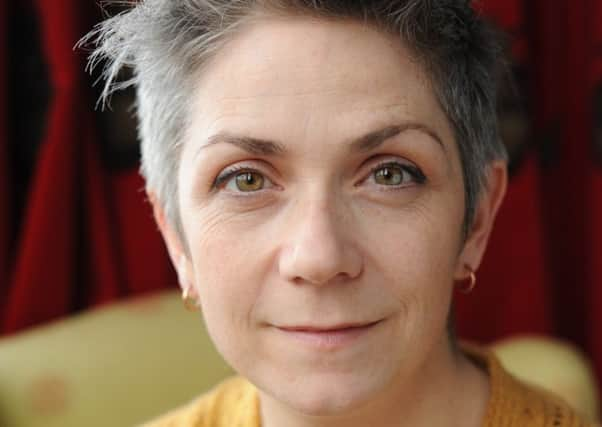Book review: Conviction, by Denise Mina


It is narrated by Anna McDonald. On the very first page we learn that she is not Anna McDonald, but Sophie Bukaran. For reasons that become evident, and for very real reasons of fear, she has chosen a new identity. She has an older husband who is about to leave her, two children who are about to go off with their new Mummy, and she is obsessed with a particular podcast called Death And The Dana. But the intrigue with the podcast is not just a psychological deferral from facing the situation she is now in: she knew one of the victims. The Dana was a luxury yacht, and the entire family died in a mysterious accident which might not have been an accident. Anna knew the father, Leon Parker, a bit of a wide boy to say the least, in one of her previous lives. The podcast – shades of Serial or S-Town – raises ambiguities but no answers. The woman convicted of the crime could not possibly have committed it. There are wealthy and ruthless people involved. As Anna/Sophie becomes embroiled in the story, she also becomes determined to solve it.
One cliché of reviewing is to call something “more than a crime novel”. I have always found that patronising and simplistic. Whether it is the forensic analysis of emerging social mores that Val McDermid has deployed, or the beleaguered goodness of James Runcie’s series of novels, the crime novel has always been the novel: at its heart is trying to feel like someone else. The manner in which Mina achieves this is in crafting a novel which, like its predecessor, The Long Drop, is fascinated with story above all else. Part of the podcast – and Mina writes well in the breezy, breathless style; the regular cliff-hanger and the question which is actually an assertion – involves a diver’s video which might suggest a supernatural explanation. The Dana was purportedly cursed, and the swerve into the Gothic is very cleverly done and cleverly subverted. At her lowest ebb Anna/Sophie realises: “I was in the wrong story. I was in a family saga about a May-to-December couple and their two eccentric daughters. Our troubles were minor, our conundrums comedic. Only I wasn’t in that story at all. I was in a love story and I wasn’t even the central character. I was the ‘all’ their love would overcome”.
Advertisement
Hide AdOn the train journey with two damaged and eerie characters – Zviad and Demy – the words “Another story!” and “Once upon a time…” increasingly leave the fairy-tale rhetoric to become something far darker. Anna/Sophie has told everyone a story about herself because she was the subject of a story, and now someone else’s story seems to attract magnetically other stories around her.
Another cliché, particularly about writing from Scotland, is the prevalence of the double, from Hogg’s Private Memoirs And Confessions Of A Justified Sinner to Stevenson’s Strange Case Of Dr Jekyll And Mr Hyde. Mina does tap into this – there are many people who aren’t who they say they are and who have turned pretence into performance art – but what struck me in this book was a very strange analogy: Jane Austen’s Emma. Austen had fewer assassins, football team owners, haunted ships and anorexic pop stars, but she did write of the character: “I am going to take a heroine whom no one but myself will much like.” Mina has often given her female protagonists the dignity of being dislikeable. The reader grows to like Anna/Sophie, even though she brazenly says at the start “there is no reason to tell the truth. I stopped some time ago. Best decision I ever made. Lie and lie again.” For a novelist, this is the day job. But the lived lie is something else. Anna/Sophie can be infuriating, over-dramatic, sly, deceitful and many other things, but the reader is made to care about her before she reveals the devastating truths.
This is a novel that ponders visibility and invisibility. There is the public realm of clamour and the strange privacy of the earbuds. There is standing out and being hidden. There is the power of listening and the power of speaking out. There is the selfie and the fractured self. Conviction is one of those rare and perfect titles, meaning both a belief profoundly held and to have been found guilty. The genius of the novel is that it reiterates that old phrase that a wise man once said – “the truth will set you free” – and it does so via fiction. - Stuart Kelly
Conviction, by Denise Mina, Harvill Secker, £12.99